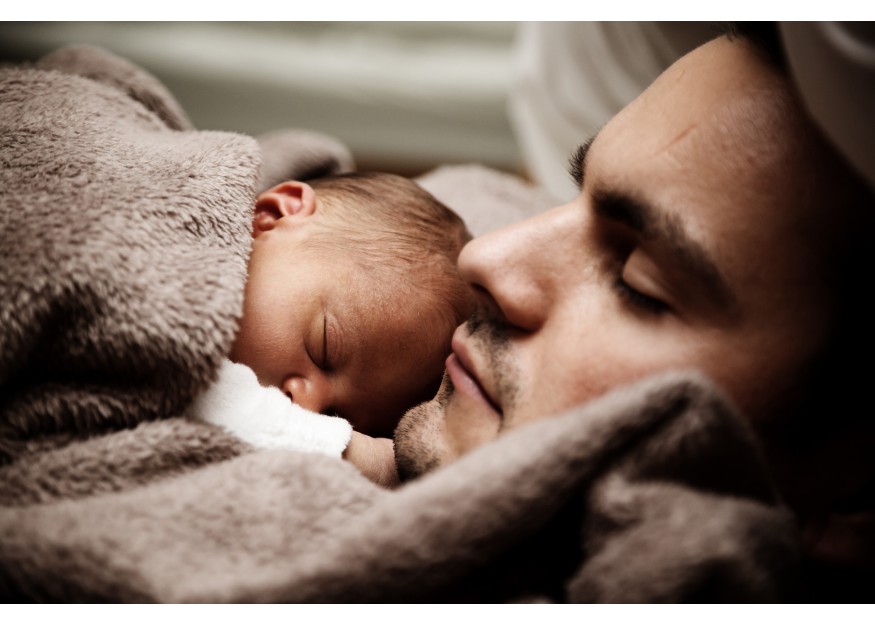How to Know How Much Sleep You Need Exactly?
When it comes to sleep, most people think that eight hours is the magic number. But as it turns out, that’s just a myth.

Sleep specialist and author of “The Power of When”, Dr Michael Breus claims that an average person only needs 7,5 hours of sleep. Some people need more, some less.
“I have been an 6,5-hour sleeper my whole life,” says Breus. “But my wife needs 8,5 hours. Every person is different.”
WHAT IS SLEEP DRIVE?
According to Dr Breus, the reason is that sleep, especially the sleep drive, is determined by genetics. The sleep drive is very similar to hunger. Just like hunger makes us want to eat something when we’re hungry, our sleep drive makes us want to sleep when we’re sleepy. Our sleep drive also determines the length of sleep cycles.
In general, Dr Breus says that people go through five 90-minute sleep cycles during the night. That’s why an average person needs 7,5 hours of sleep. Five 90-minute cycles make a total of 450 minutes or 7,5 hours. Still, the cycles of some people are shorter. If you want to find the perfect length for your sleeping time, Dr Breus suggests starting with the presumable 7,5 hours.
HOW TO DETERMINE YOUR SLEEP DRIVE:
Count 7,5 hours back from the time you usually wake up. So, when you usually wake up at 7 in the morning, you should go to bed at 11:30 p.m. to get 7,5 hours of sleep. For the next seven to ten days, try to go to sleep at 11:30 in the evening.
Breus says that if after these seven to ten days you wake up about five minutes before the alarm, 7,5 hours of sleep at night is enough for you.
If after these seven to ten days you still wake with the alarm, you should try to go to bed half an hour earlier. Move your bedtime up by half an hour until you start waking up before the alarm. That way you can make sure how much sleep your body really needs.
Unfortunately, this method doesn’t work on everyone. According to Breus, for about 50 percent of people the characteristic called the chronotype is different from the average. A chronotype means a person’s personal biological clock; in addition to the so-called average chronotype, there are also early birds and night owls.
NIGHT OWLS AND EARLY BIRDS NEED TO ADJUST THEIR LIVES TO THEIR CHRONOTYPES:
Breus says that although people with a different chronotype still need about 7,5 hours of sleep, they need to adjust the timeframe in which they get their sleep. These people need to fit their lives to their chronotype, not the other way around.
Breus uses himself as an example. He’s a night owl and never goes to bed before midnight. That’s why his whole day starts later. He’s realized that he’s much more productive when he runs his daily errands later during the day, so he’s made changes in his life accordingly.
Sleep is an important part of life – you need to be aware of your needs and respect them.


